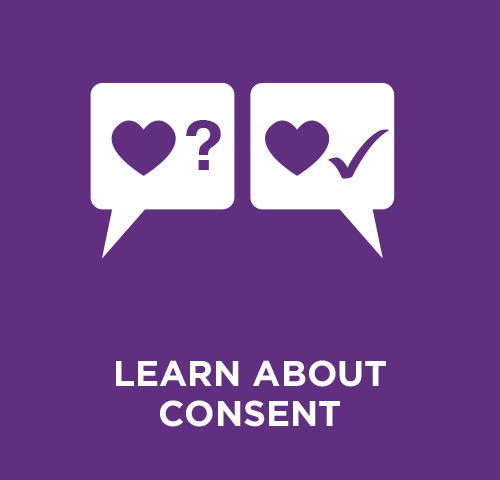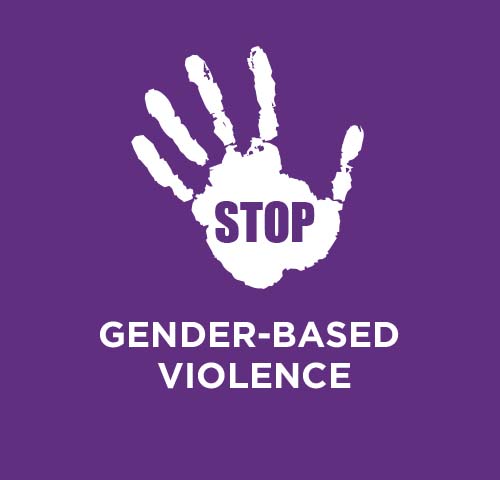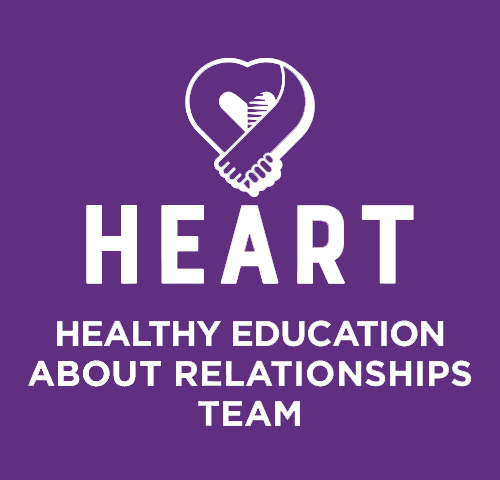Am I in a healthy relationship?
Do you sometimes wonder if the things happening in your relationship are normal? Does the way your partner treats you bother you? If you are not sure if you are in an unhealthy relationship, take a step back and ask yourself does your partner…
- Pressure you to make the relationship very serious or have sex early in the relationship?
- Act jealous or possessive?
- Try to control where you go, what you wear or what you do?
- Text or instant message you constantly?
- Refuse to consider your point of view or desires?
- Keep you from talking to or spending time with close friends or family?
- Drink too much or use drugs and then blame the alcohol and drugs for their behaviour?
- Threaten to hurt you or themselves if you break up with them?
Love is learned…
We grew up learning that love is a feeling. But the reality is there is so much more to the story. The truth is love is learned. Learn now through One Love.
Relationship signs to watch out for
Do you recognize any of these following signs in your relationship? If so, reach out for help.
What is love bombing?
Love bombing is when someone overwhelms you extravagant gifts and affection at the beginning of a relationship. It’s used to win your trust and affection but is essentially a manipulation technique. Trust your instincts, if it feels like too much, it probably is.
Example: “We were meant to be together” and “We’re so perfect together” even though you may not really know them well.
10 signs of over-the-top love (health line.com)
- They lavish you with gifts
- They can’t stop complimenting you
- They bombard you with phone calls and texts
- They want your undivided attention
- They try to convince you that you’re soulmates
- They want commitment and they want it now
- They get upset when you place boundaries
- They’re overly needy
- You’re overwhelmed by their intensity
- You feel unbalanced
What is gaslighting?
Gaslighting is a form of manipulation that occurs in abusive relationships. The bully or abuser makes you question your judgment and reality.
Example: If your partner consistently and immediately assumes you’re remembering something incorrectly, perceiving incorrectly, or overreacting to a negative situation—especially with no willingness to listen to your frustrations or confusion about where you may have miscommunicated or misremembered—you may be experiencing gaslighting and should likely end the relationship.
3 cores of gaslighting (412teens.org)
- Making the victim believe they’re personally at fault for any abuse they suffer
- Making the victim believe they imagined their experiences (positive or negative)
- Isolating the victim from a trustworthy, supportive community
15 signs you are a victim of gaslighting (verywellfamily.com)
- You doubt your feelings and reality
- You doubt your judgment and perceptions
- You feel vulnerable and insecure
- You feel alone and powerless
- You feel stupid and crazy
- You are disappointed in yourself
- You feel confused
- You worry that you are too sensitive
- You have a sense of impending doom
- You spend a lot of time apologizing
- You feel inadequate
- You second-guess yourself
- You assume others are disappointed in you
- You wonder what’s wrong with you
- You struggle to make decisions
What is negging?
Negging is when someone insults you and undermines your confidence as a way to make you more vulnerable to their romantic advances.
Example: “You can be so beautiful when you have makeup on!”
7 signs someone is negging you (bustle.com)
- Their compliments are always backhanded
- They constantly criticize you
- They’re a narcissist (spend all their time putting others down while talking themselves up and think they are never in the wrong)
- You crave their approval
- They compare you to exes
- They’re always “so busy”
- You’re the butt of the joke
What is ghosting?
Ghosting occurs when someone you’ve been dating suddenly stops contacting you. It is usually the result of this other person being too afraid to tell you that they don’t want to go any further or end the relationship. So, instead of communicating directly, they start behaving like a ghost. When this happens, you may find that you check your phone constantly looking for a response back, a text.
- Realize that ghosting is not OK. If you are ghosted, recognize that the ghostee is not mature enough to end it responsibly and with empathy.
- As soon as you suspect you’ve been ghosted, don’t reach out, don’t look for closure. You’re better off without someone who doesn’t respect you enough to end things face-to-face.
- Talk about it to friends and family.
- Focus on yourself, enjoy this extra time with family and friends.
Youth Dating Violence
Youth Dating Violence is violence between adolescent dating partners. It can be physical, emotional, sexual, or cyber in nature.
- According to Canadian police reports, dating violence is most common between individuals aged 15-24, making up 43% of all dating violence incidents (Mahoney, 2008).
- Research has found that 28% of high school students have been victims of dating violence. (Wolfe et al. 2001)
- Approximately one third of all incidents of violence in intimate relationships are not reported (Tully, 2011).
Green flags in a relationship
- You can be yourself around them; they don’t make you pretend to be someone you’re not. You’re friends with each other too. You can make each other laugh, and spend quality time together.
- You can express yourself without being afraid they’ll judge or ridicule you. They respect your opinions, views and beliefs, even if they don’t necessarily agree.
- You share similar values, which is important towards possible future decisions, such as family and work.
- You support and encourage each other. You grow together, but are still your own person. You don’t hold each other back from following dreams and goals.
- You can talk out a disagreement with a compromise or some kind of solution, without playing the blame game. You feel you can talk about something that’s bothering you, and discuss it openly.
- They make you feel safe, appreciated and valued. You trust each other and respect each other’s boundaries; they don’t guilt or pressure you into doing anything you don’t want to do.
- You can rely on them. You take care of each other.
- They make efforts to connect with your friends and family. They don’t try to steal away your time with them.
source: 25 Relationship Green Flags to Tell What Healthy Love Feels Like, marriage.com
Learn more and get help

Radius is available to young people who have engaged in Youth Dating Violence (YDV). This voluntary program is for young people, aged 12-21 who have used some form of violence in a dating relationship.




